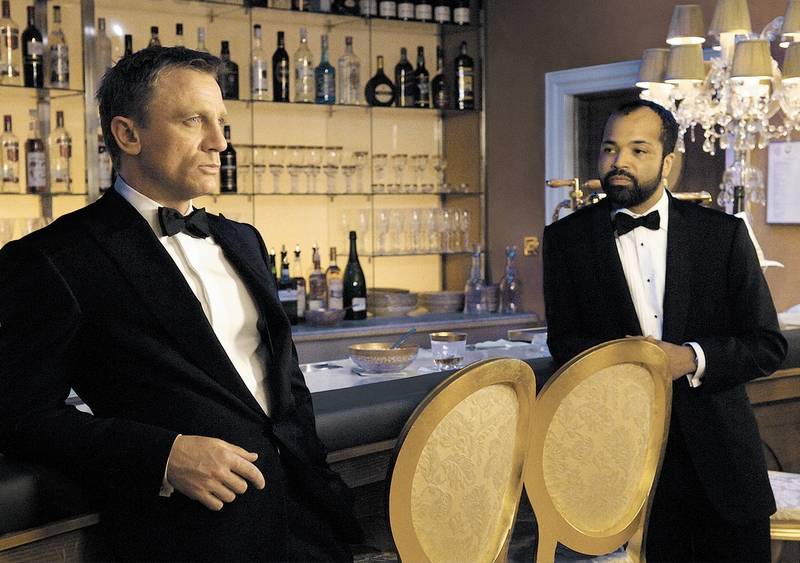Ending / spoiler for Casino Royale (2006), plus mistakes, quotes, trivia and more. Parents need to know that Casino Royale is the much-hyped re-start to the James Bond franchise.The new 007, however, is darker than previous incarnations. His sly, barely perceptible smile suggests that he relishes revenge and takes pleasure in his violence.
- Casino Royale Review Imdb
- Casino Royale Review Reddit
- Casino Royale Review 2006
- Casino Royale Review Rotten Tomatoes
The only thing missing from Casino Royale is a truly memorable theme song. Otherwise, this has almost everything you could want from a Bond movie, plus qualities you didn’t expect they’d even try for. It does all the location-hopping, eye-opening stunt stuff and lavish glamour expected of every big-screen Bond, but also delivers a surprisingly faithful adaptation of Fleming’s short, sharp, cynical book with the post-WWII East-vs.-West backdrop persuasively upgraded to a post 9/11 War on Terror.
From Goldfinger on -- especially in the Roger Moore and Pierce Brosnan films -- the usual gambit has been to open with a pre-credits sequence highlighting amazing stuntwork and a larger-than-life exploit. Here, with a new actor cast as a Bond only just issued with his license to kill, we get an intense, black and white scene set in an office in Prague. Bond has just killed his first man – as shown in brief, brutal fight flashbacks which strain the 12A rating – and confronts a traitor in British Intelligence, exchanging pointed dialogue which leads to the ice-cold agent’s demonstration that the second killing is easier (‘Considerably’). The famous iris pose brings in colour, and a brilliantly-designed (shame about the song) titles sequence that highlights not an anonymous beauty but the silhouette of Daniel Craig himself.
Casino Royale Review Imdb



For a few reels, Casino Royale lets the new boy settle in to what could almost be a Brosnan or Dalton movie – hard-hitting, but tinged with the fantastical. Bond goes off the map to harry the organisation of ‘banker to the world’s terrorists’ LeChiffre, with a beddable beach beauty along the way, and a thwarted attack on a super-sized jet aeroplane which could have been the climax of any other adventure. Then, with a notable click into focus, the movie segues into Fleming’s tight, twisted plot. Readers will be amazed to find the book’s most memorable scene (involving a wicker chair with the bottom cut out) is included, as is Bond’s brutal Mickey Spillane-ish last line (though, here, he doesn’t quite mean it).

Casino Royale Review Reddit

Casino Royale Review 2006
Director Martin Campbell, who set a high mark in GoldenEye that subsequent craftsmen haven’t matched, returns, and regular scripters Neal Purvis and Robert Wade get Oscar-polishing assist from Paul Haggis. There are nods to tradition, with respectful Aston-Martin product placement, but also refreshing breaks from established practice. Judi Dench’s imposing M is held over, but supporting comedy characters like Q and Miss Moneypenny sit this one out. Mads Mikkelsen’s LeChiffre has a physical tic and a lethal girlfriend, but this villain interestingly has as much to lose as the hero, playing cards because he lost terrorist money and needs to make up the shortfall before his clients kill him.
There are miscalculations (a collapsing building in Venice is a gimmick too many in an emotional finale which would play better without all the noise) and audiences who just want a handsome fantasy figure might find a muscular Bond with perpetually bruised knuckles and the beginnings of a drink problem too much of a stretch. But long-running series can only survive through constant renewal. Casino Royale is the most exciting Bond film, in conventional action terms but also in dramatic meat, since On Her Majesty’s Secret Service, with the added advantage of a star who finally delivers what the credits have always promised: ‘Ian Fleming’s James Bond’.